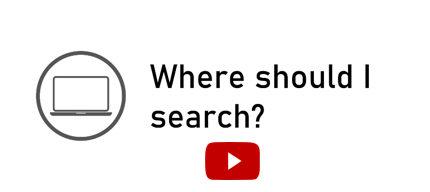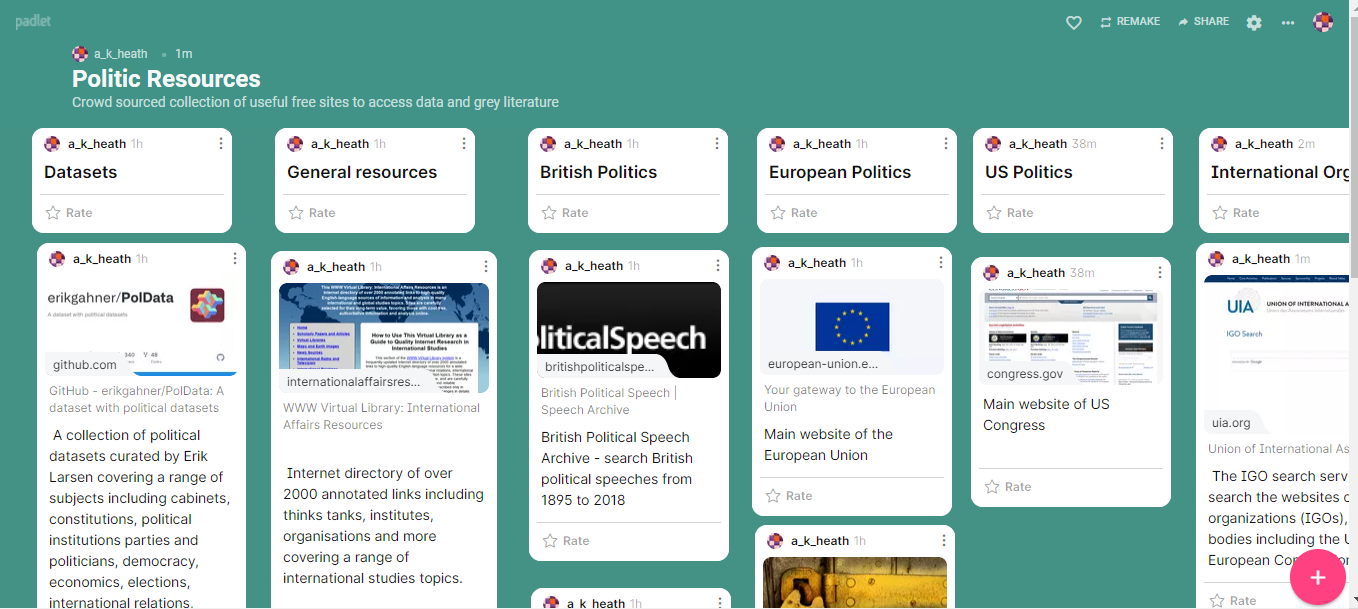Researching for assignments
When researching for an assignment you may want to go beyond your reading list. To research effectively it is useful to know how the different library systems and resources work and how they may differ. This can help you decide where and how to search.
Where to search?
There is a huge range of information available so it can be difficult deciding where to start. LibrarySearch is a great place to start researching but what is the difference between searching on LibrarySearch or choosing a subject database?
The below video provides some guidance on the differences to help you choose the best place to search.
What are you searching?
In everyday life we are use to searching on search engines such as Google using our normal language and typing in full questions. The same method of searching does not work on our library databases due to the way that the information has been saved and recorded. Instead of typing in full questions or phrases it is much better to search for keywords, Watch the below video to see the how the search functions work and how you can then find the best results.
For further help on choosing your keywords to search see the Library Research Skill Moodle and the section on searching.
Searching: subject databases and publishers sites
For assignments you will need to go beyond your reading list and do your own independent research. The Library subscribes to a number of subject databases helping you to find academic books and journal articles on your chosen topic.
To help you choose the best place to start searching use our Digital Directory List for Politics and International Relations. Use the filter down the side to limit your results to certain type of resources e.g. book, journals, newspaper etc.
The top resources to search for relevant academic information are;
- Oxford Handbooks Online providing access to the political science book collection
- Oxford Scholarship Online full text access to the political science book collection
- International Political Science Abstract access to non-evaluative abstracts of articles in the field of political science published in journals and yearbooks all over the world.
- Proquest Politics Collection an index database of journal articles, books and dissertations.
It can also be useful to search the publishers websites for journal articles. The key publishers for Politics are
General databases such as Scopus, International Bibliography of the Social Science (IBSS) and Web of Science are also useful places to search as well as Google Scholar.
Specialist Resources
As well as traditional academic sources you may want to include other information sources such as government documents, newspaper articles, personal accounts and data. Our research skill module will help you identify different types of information, when these might be useful and where to search.
The following resources will be of particular interest to Politics and International Relations students:
- Chatham House Archive publications from the Royal Institute of International Affairs
- Human Rights Online an archive of primary and secondary sources on human rights violations and atrocity crimes around the world from 1900-2010
- Political Extremism and Radicalism in the 20th Century an archive of political extremism and radical thought including campaign propaganda, government records, oral history and more.
The Library’s own Special Collections and Archives also holds an number of collection of interest including:
- The British cartoon archive a national collection of political and social cartoons from British newspapers and magazines
- The Bernard Weatherhill Papers (former Speaker of the House of Commons)
- Hewlett Johnson Papers (former Dean of Canterbury Cathedral and proponent of Socialism)
- Kingsley Wood archive ( Conservative politician)
Online Resources
As well as the resources that the library subscribes to there is a lot of useful freely available information available on the internet. There is a list of useful places to search available on the below Padlet. If you know of a resource that is not listed then please add a post with a link and short description – you can also rate the resources.
If you are struggling to find relevant academic information or would like any further help please get in touch with your liaison librarian or come along to our office hour.



